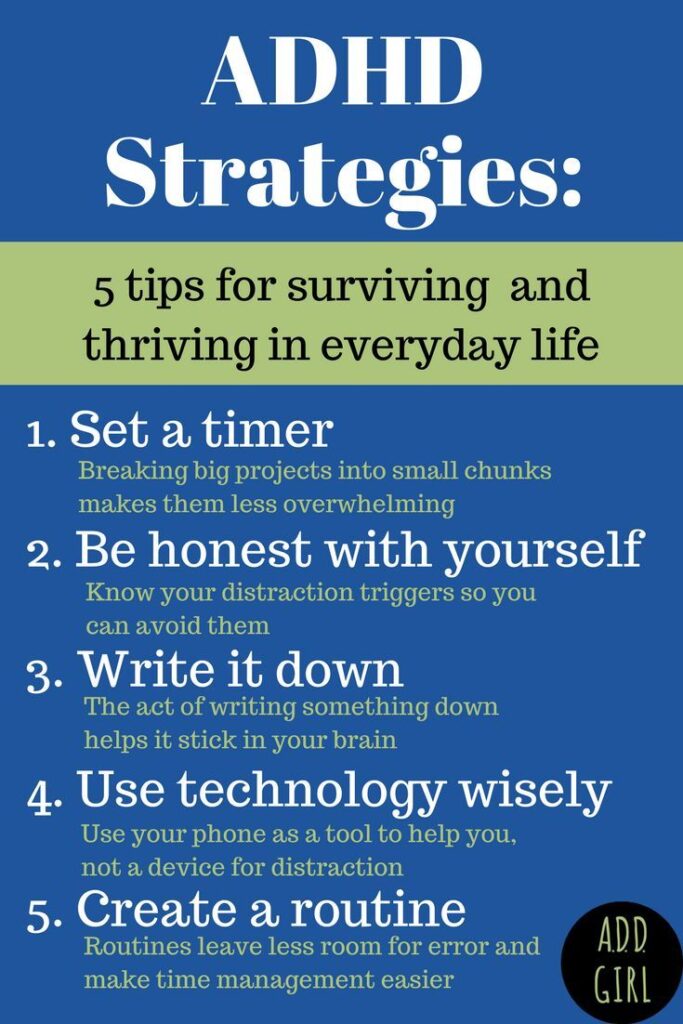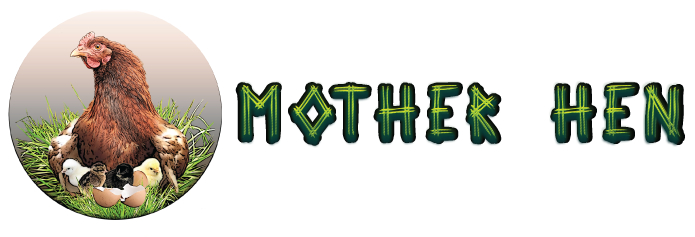Autism Spectrum Disorder
Welcome to our latest edition where we explore Autism Spectrum Disorder (ASD) and the potential accommodations that can support individuals on the autism spectrum in leading fulfilling lives. Our goal is to spread awareness and provide valuable information as to how we can help create environments that are inclusive and supportive for people with ASD.
We would love to hear how these tools and tips are working for you once you have implemented them (info@2motherhens.com).
** Consistency is one of the most important aspects of effective parenting **
Welcome to another installment of the Autism Spectrum Disorder series:
Subtle Signs of Autism
Autism Spectrum Disorder (ASD) can present in many different ways. While many people are familiar with some common characteristics—such as challenges with social interaction, communication difficulties, and repetitive behaviors—there are several lesser-known signs that may also indicate autism. These signs can be subtle and vary greatly between individuals. Below are some of the less well-known signs of autism:
1. Unusual Sensory Reactions
Individuals with autism may have atypical reactions to sensory stimuli that can be overlooked as a sign of autism. These reactions include:
- High Pain Tolerance: Some individuals might not react to pain as expected, showing a reduced response to injuries or discomfort.
- Seeking Specific Sensations: They may seek out strong sensory input, such as pressing their body against objects, rubbing their skin with textured items, or craving deep pressure.
- Avoidance of Subtle Sensory Stimuli: Conversely, they might avoid certain textures of clothing, dislike soft touch, or be unable to tolerate certain smells or subtle noises that others don’t notice.
2. Difficulty with Subtle Social Cues
While autism is often associated with struggles in social interaction, some less obvious manifestations include:
- Literal Interpretation: Difficulty understanding sarcasm, jokes, or figures of speech can be a sign. The person may take statements literally and may have trouble with phrases like, “it’s raining cats and dogs.”
- Eye Contact Timing: Instead of avoiding eye contact completely, they may maintain eye contact too intensely or struggle with knowing when it is socially appropriate to look away.
- Mimicking Social Behavior: Instead of naturally engaging in social behaviors, individuals may consciously mimic others to fit in, often without fully understanding why those behaviors are used.
3. Challenges with Executive Functioning
Executive functioning issues in autism can manifest in several ways that may not be immediately recognized:
- Difficulty Starting or Stopping Tasks: Struggles with transitioning between activities or initiating tasks can indicate problems with executive function.
- Over-Focus on Details: The person may be extremely detail-oriented but have difficulty seeing the “big picture.” This can manifest as focusing on specific aspects of a story or project, while missing the main point.
- Challenges with Time Management: Difficulty understanding or managing time effectively, leading to being consistently late or early to activities, could be a sign.
4. Unusual Interests or Collections
While restricted interests are often associated with autism, they may manifest in unique ways:
- Intense Fascination with Specific Topics: An individual may have a narrow but deep fascination with an unusual topic (e.g., doorknobs, the history of clocks, or memorizing maps) that doesn’t align with typical interests for their age group.
- Unusual Collecting Behavior: They may collect unusual items, such as bottle caps or receipts, with a level of dedication that seems atypical or excessive to others.
5. Emotional Dysregulation and Meltdowns
Many people may not realize that the way emotional dysregulation presents in autism can look different from typical emotional responses:
- Shutdowns: Instead of emotional outbursts, some individuals may “shut down” when overwhelmed. This can include going silent, withdrawing, or having difficulty responding to questions or stimuli.
- Difficulty Identifying Emotions: The individual may struggle to identify their own emotions or may feel overwhelmed by emotions they don’t understand. This is often referred to as alexithymia.
6. Social Exhaustion or “Masking”
Individuals with autism may engage in masking, which means they mimic neurotypical behaviors in social situations to fit in:
- Social Exhaustion After Interaction: They may be able to behave in a socially appropriate way during an event but afterward feel extremely exhausted or anxious. This can be a sign of the effort required to “mask” their natural behaviors.
- Sudden Withdrawal: After periods of intense socializing, they may withdraw completely to recharge, which can appear as antisocial behavior but is a coping mechanism for overstimulation.
7. Hyperlexia
Hyperlexia is characterized by an advanced ability to read at a young age, often without the accompanying comprehension skills. While this is often seen as an exceptional skill, it can be an early sign of autism, particularly when paired with difficulties in understanding spoken language or social nuances.
8. Heightened Anxiety in Unstructured Situations
Individuals with autism may show increased anxiety in settings without clear rules or predictable routines:
- Difficulty with Open-Ended Play: They may have trouble engaging in spontaneous or imaginative play, preferring structured activities with clear outcomes.
- Resistance to Ambiguity: Uncertainty or unpredictability in daily routines can lead to anxiety or even behavioral issues, as individuals may prefer to know exactly what will happen next.
9. Monotone or Unusual Speech Patterns
Some individuals with autism may speak with:
- A Monotone Voice: Their speech may lack typical inflection, making it sound robotic or flat.
- Unusual Pronunciation or Phrasing: They may use formal language, repeat phrases from TV shows or other sources (called echolalia), or have a unique rhythm to their speech.
10. Difficulty with Motor Coordination
Motor skill challenges may also be a sign of autism, although these can often be misinterpreted as clumsiness:
- Fine Motor Skills: Difficulty with tasks like handwriting, using scissors, or buttoning clothing.
- Gross Motor Skills: Issues with coordination that impact activities like running, jumping, or catching a ball.
11. Atypical Attachment to Objects
Instead of forming typical social attachments, individuals with autism may develop:
- Strong Attachment to Objects: They may carry around certain objects (e.g., toys, clothing items) for comfort, even if the object is not typically comforting, and may get distressed if separated from it.
12. Intense Need for Routine
While a need for routine is often associated with autism, the less obvious sign is the emotional reaction to changes:
- Extreme Distress Over Small Changes: Even minor deviations from routines, such as taking a different route home or changing the order of activities, can cause intense anxiety or emotional reactions.
How Can We Help?
Recognizing these more subtle signs of autism can help individuals receive the support they need earlier in life, leading to better outcomes. If you suspect that you or someone you know may be on the autism spectrum, it’s important to seek a professional evaluation. Early identification and appropriate support can make a significant difference in improving quality of life.
Creating an Inclusive Community
By understanding these lesser-known signs, we can better accommodate and support individuals with autism, helping them feel more included and understood. If you would like more information or support in identifying and accommodating individuals with autism, please reach out to us.
We believe that awareness leads to inclusion, and with greater understanding, we can build environments where everyone feels supported and accepted.
Thank you for taking the time to learn more about autism and the subtle ways it can manifest. Together, we can make a difference!


We Are Celebrating
ADHD Awareness Month!
Here are some strategies and tips to help people with ADHD


For those of our subscribers who find themselves in need and financially challenged, please be sure to reach out to us so that we can be of assistance.
Donations
Mother Hen is passionately committed to lending a helping hand to the underserved within the communities we serve. We are appreciative of any and all donations provided here. These donations will be used in entirety to provide services for underserved families as well as fulfill other specific outreach needs.
Outreach Initiatives:
- Community If your business would like to become a corporate sponsor and join us in supporting the community, please contact us directly.
- Family ServicesYour family service donation will directly help a family receive professional parental coaching sessions or services in navigating the school system to get the proper accommodations for their child to succeed academically.
- Corporate SponsorIf your business would like to become a corporate sponsor and join us in supporting the community, please contact us directly.

